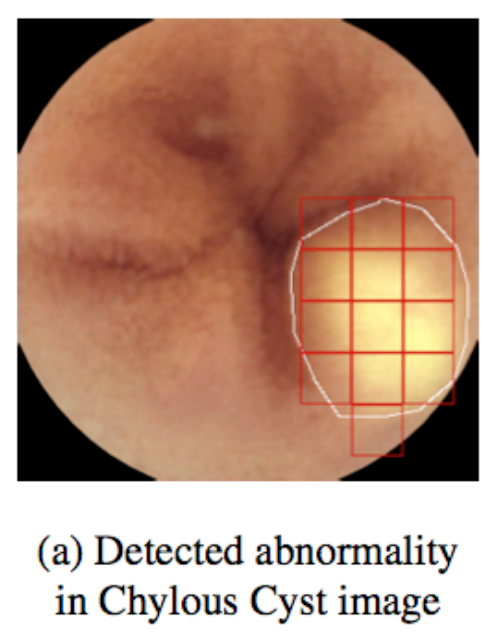A new focus area of the Spectrum Lab is to develop artificial intelligence systems for healthcare applications. The goal is to develop decision support systems that aid an expert doctor so that best use is made of the specialist’s time and expertise. We developed one such application in the context of wireless capsule endoscopy (WCE), which is a revolutionary approach to performing endoscopy of the entire gastrointestinal tract. In WCE, a patient swallows a miniature capsule-sized optical endoscope and carries a wireless receiver in his pocket. The capsule endoscope transmits several thousands of images as it traverses the gastrointestinal tract. The number of images is huge and sifting through all of them would take considerable time for an expert. In order to alleviate the scanning burden, we have developed an artificial intelligence based decision support system. Effectively, we have a convolution neural network (CNN) that sifts through the images and classifies them as normal or as belonging to one of eight prominent disease types, further highlighting where in the image the abnormality has been detected. This step greatly reduces the burden on the expert and makes efficient use of his/her time. Ongoing effort in this direction is to improve on the CNN architecture and develop hierarchical classification schemes to maximize the classification accuracy.
This project was funded by the Robert Bosch Centre for Cyberphysical Systems (IISc).
